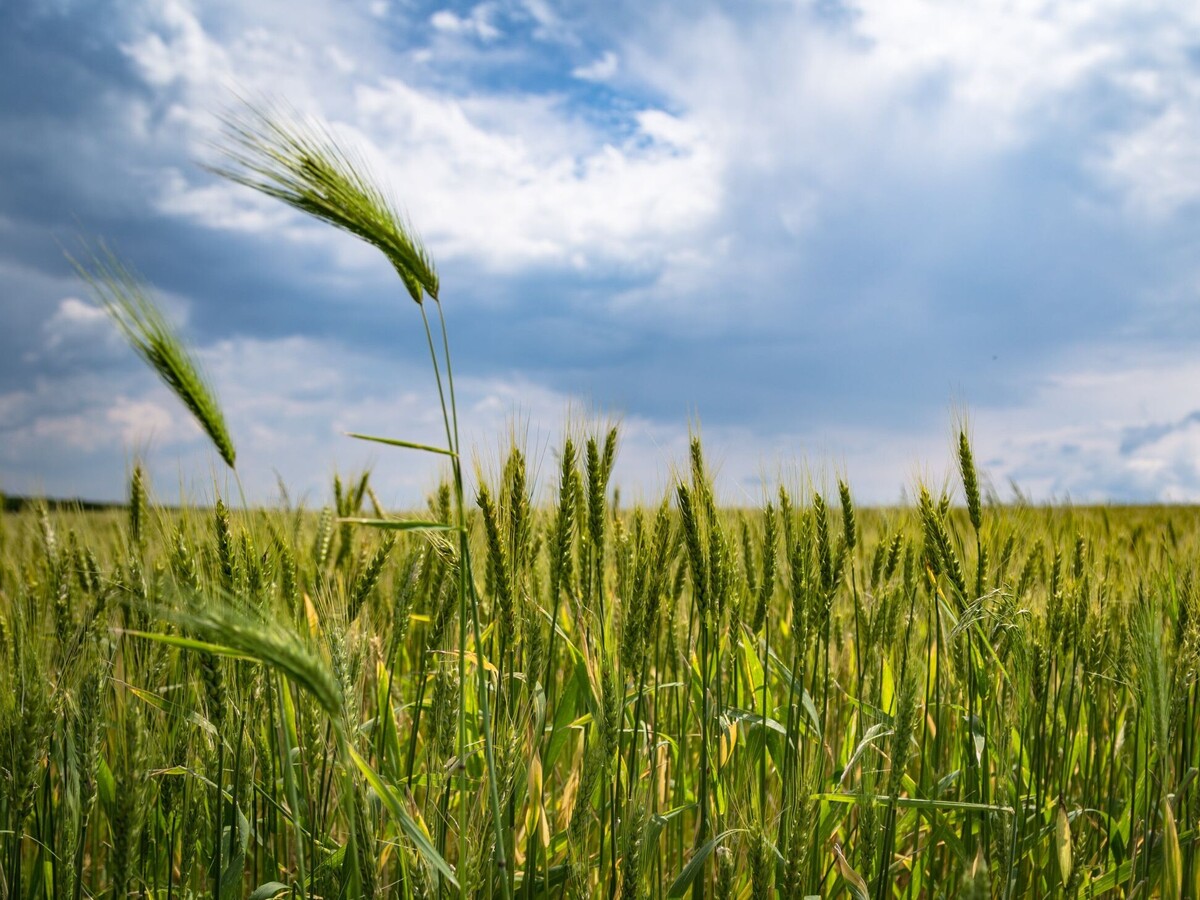Image


Adapted from an article on Stacker.com
Many things have changed in the job market, especially after the start of the COVID-19 pandemic and the temporary widespread adoption of remote working across many different industries.
At the time of the American Revolution, most of the job market in the U.S. revolved around agriculture or food acquisition in some way. Many individuals and communities farmed for subsistence, not even growing enough to have an excess to sell for profits.
As the fledgling country grew, so did its economy, springing forth during the Industrial Revolution of the late 1700s and early 1800s, and the shifting of the nation's economic focus from agrarian efforts to those of manufacturing, trade, and other forms of business.
Inventions like the steam engine and cotton gin accelerated production, feeding a booming job market that was met with immigrants eager to find work.
By the mid-to-late 1800s, the U.S. economy and job market was characterized by successive periods of rapid growth followed by panics or depressions. This economic disquiet was caused by stock speculation and oscillating levels of trust in the federal government's ability to regulate cash flow and support banks.
In turn, the uncertain economy produced a volatile job market. In an effort to capture a snapshot of the U.S. job market's history, Stacker compiled a list of the most common jobs in Georgia from 150 years ago using data from the U.S. Census Bureau.
By transcribing the previously untranscribed Table XXVII from the 1870 decennial census, a state-level glimpse into the historic job market can be seen.
Nationally, farmers and planters were the most common occupation 150 years ago, just one of the many agricultural jobs that made up more than 47% of all employed persons over ten years old.
The following information lists the 10 most popular jobs in Georgia 100 years ago and includes how many people held that type of job in Georgia and nationally as well as how common that job was in the rest of the United States:
- Georgia employment: 264,605
- National employment: 2,885,996
--- #2 most common job in the U.S.
- Georgia employment: 70,468
- National employment: 2,977,711
--- #1 most common job in the U.S.
- Georgia employment: 37,027
- National employment: 975,734
--- #4 most common job in the U.S.
- Georgia employment: 14,976
- National employment: 1,031,666
--- #3 most common job in the U.S.
- Georgia employment: 4,920
- National employment: 154,027
--- #9 most common job in the U.S.
- Georgia employment: 4,723
- National employment: 344,596
--- #5 most common job in the U.S.
- Georgia employment: 3,028
- National employment: 222,504
--- #6 most common job in the U.S.
- Georgia employment: 2,604
- National employment: 161,820
--- #8 most common job in the U.S.
- Georgia employment: 2,262
- National employment: 141,774
--- #11 most common job in the U.S.
- Georgia employment: 2,119
- National employment: 126,822
--- #12 most common job in the U.S.
We can expect that the jobs of future citizens of Georgia will potentially look vastly different than the most common jobs of our present day with the continued advancement of artificial technology and other newer technologies. Looking back at the common jobs that are available in our present time may one day seem just as strange to those living in the future.
This article has been re-published pursuant to a CC BY-NC 4.0 License.